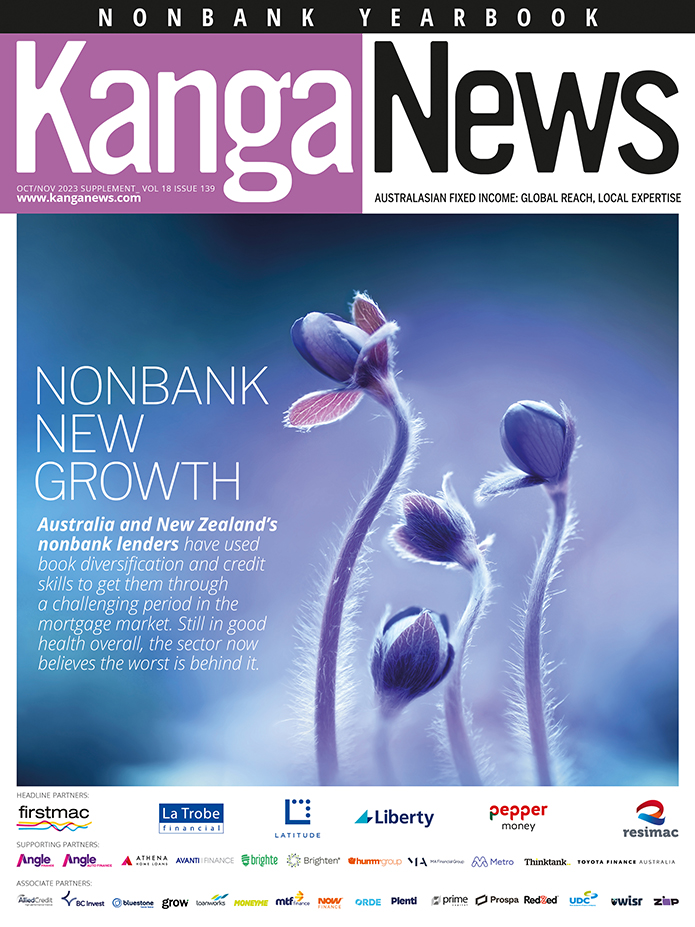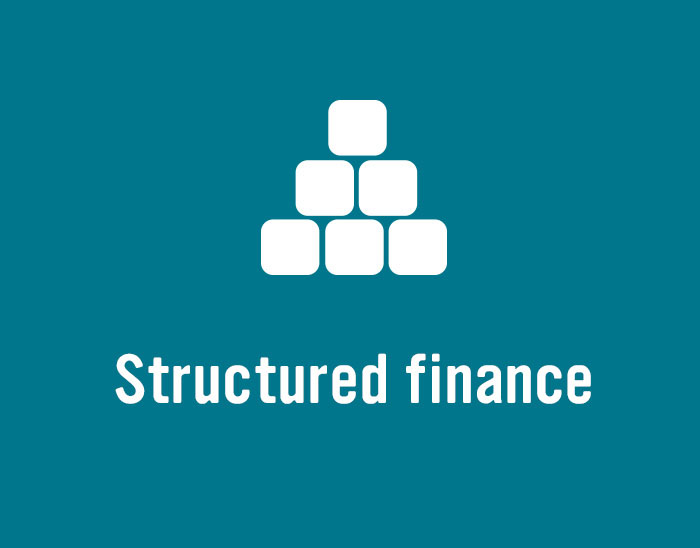
Humm's the word
Flexigroup is unifying its suite of consumer-finance products and its successful buy-now, pay-later (BNPL) brand – humm. Bianca Spata, Sydney-based group treasurer, discusses ongoing BNPL growth opportunities in Australia and New Zealand.
Flexigroup recently announced a rebrand to humm. What was the rationale for this and what is changing?
The decision to rebrand flexigroup to humm is a further simplification of the business and a means of unifying our value proposition of interest-free instalment payments for consumers and SMEs. We have seen real brand-equity build in humm, so it makes sense to bring all our offerings under our most loved brand.
There are no changes to our product offering just yet. However, a move to bring all our products under this one brand will offer a seamless checkout solution for merchants. It will also become a single platform serving everyone from generation Z and millennial spenders to young families and small businesses, financing everything from life’s little luxuries to significant purchases.
The BNPL space is quite competitive in Australia. How do you intend to continue growing this product?
Flexigroup has been in the BNPL space for a long time and we have seen very strong growth since rebranding our BNPL offering to humm early in 2019, despite the increase in competition in the market. COVID-19 has further solidified the presence of BNPL in the market.
We are the third-largest player in the Australian market, with more than 17 per cent market share. Our key differentiator is our dominance in transactions over A$1,000 (US$728).
This will be a core focus of the growth strategy and, in support of this, we formally launched humm in New Zealand on 14 September. This is the first BNPL product in the New Zealand market to finance transactions up to NZ$10,000 (US$6,677).
We also see opportunity through innovation and have seen strong take-up of our buy-anywhere, pay-later product, bundll, which was launched as a market first earlier this year.
How has flexigroup’s range of consumer-finance products been affected by the COVID-19 crisis, and have any outperformed expectations?
The general theme across all our products is that, to date, COVID-19 has not had the impact on performance we thought it might have had back in March. Like any business, we took a fairly conservative approach when we forecast what could eventuate and the reality so far has proved more favourable.
We were quick to review and boost our hardship programmes so they could be extended to affected customers. Since peak levels in April, the number of customers seeking hardship arrangements has returned to pre-COVID-19 levels and we continue to see hardship trend downward as a proportion of all portfolios.
We also made pre-emptive adjustments to our credit decisioning in March, which have contributed to positive performance and will naturally improve the credit quality of our portfolios going forward. A great deal of uncertainty remains and we will continue to remain conservative in our approach, while staying focused on credit and collections.
How has this affected your capital markets intentions for 2020, and does the emphasis on BNPL have any impact on issuance plans?
COVID-19 took our attention away from capital-markets issuance for a period. Our immediate priority was ensuring we had sufficient headroom across warehouse facilities in case we were unable to access markets for a prolonged period.
We were quite fortunate to have accessed markets for significant volume in 2019 so we did not require immediate warehouse increases. We were also focused on ensuring our warehouse funders and investors across our programmes were comfortable with the approach we were taking to hardship.
It has been pleasing to see increasing issuance and confidence in primary markets in recent months, and we have turned our attention to our own capital-markets plans. We are certainly hopeful of accessing markets this year.
BNPL is an asset class we have been terming out since 2011, with more than A$2.5 billion of ABS issued in this space. It is a key asset class for our public transactions and will continue to be.
Have flexigroup’s green receivables continued to grow through the COVID-19 crisis and are you expecting to continue growing the volume of green tranches you take to market?
Yes. Consistent with market trends, we have seen a general pick-up in home-related spending and we have continued to see strong growth in solar receivables.
We issued green tranches across the capital stack in our most recent securitisation deal and this was very well received by investors. It would be great to continue the momentum we have built in the green ABS space when we next come to market.

nonbank Yearbook 2023
KangaNews's eighth annual guide to the business and funding trends in Australia's nonbank financial-institution sector.







